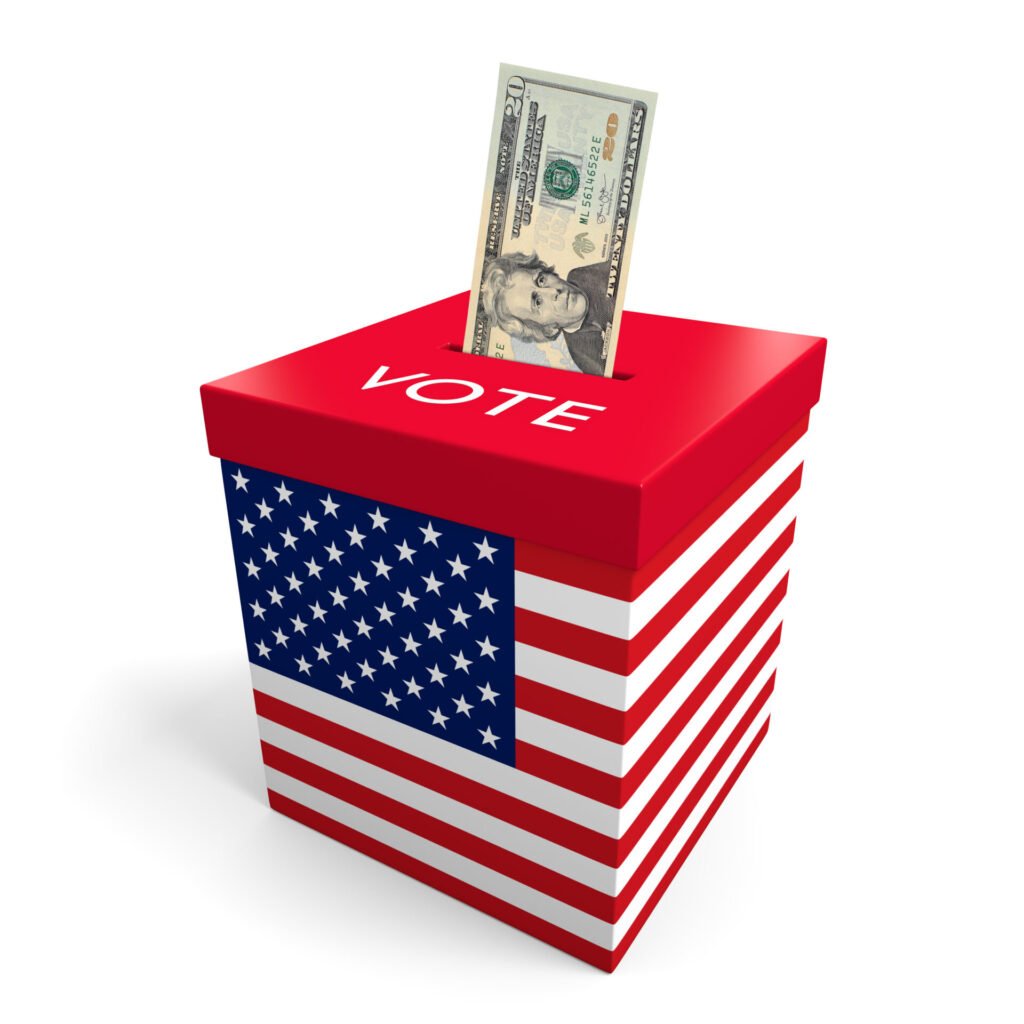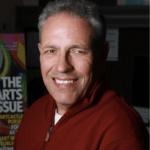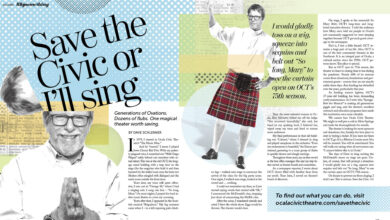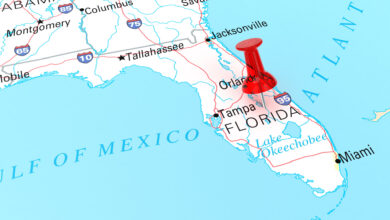 As economic drivers go, it probably didn’t move the needle much on Ocala’s $9 billion economy. As city elections go, however, the fund-raising by candidates on the Sept. 21 city ballot set a new standard for municipal campaign spending.
As economic drivers go, it probably didn’t move the needle much on Ocala’s $9 billion economy. As city elections go, however, the fund-raising by candidates on the Sept. 21 city ballot set a new standard for municipal campaign spending.
The 14 candidates running for four of the five City Council seats and the two mayoral candidates on the ballot raised a collective $538,811.88 – that, for jobs that pay $200 a month and $550 month, respectively.
According to campaign spending reports posted by the Marion County elections office, the mayoral candidates raised an astounding $228,471 — $131,501 for Manal Fakhoury and $96,970 for Mayor Kent Guinn, who was handily returned to office for a sixth two-year term.
And all this does not even count tens of thousands of dollars pumped into various campaigns by political actions committees, or PACs, that were working behind the scenes to “educate” voters about the issues.
“The amount of money raised in this Ocala City Council election, as it relates to municipal elections, is unprecedented,” said Wesley Wilcox, Marion County’s longtime elections chief.
Wilcox’s records show just how unprecedented. In 2015, $50,000 was raised in the mayoral contest. In 2019, it was $57,000. And this year, $228,000.
“It was shocking as we moved closer and closer to the election,” Wilcox said.
That there were 14 candidates for City Council contributed to the size of the campaign donation haul. Nonetheless, there were some eye-popping individual campaign chests – let’s remember, this is an Ocala City Council election – among the candidates, beyond the mayor’s race. Contractor Barry Mansfield raised $52,000, Greg Steen hauled in $60,000 and Ty Schlicter took in $46,000. All three were running with the backing of PACs.
Jim Hilty, who narrowly beat Steen for the District 5 council seat, and who previously served on the council from 2013 to 2017, raised one-third the amount his opponent did. Did he find the amount raised for this election surprising?
“Absolutely! It was insane,” he said. “Not only the money but the sources where it came from. Manal especially. She got money from all over the United States.”
Wilcox echoed Hilty’s remarks, noting that more donations from outsiders showed up during this city election.
“We saw a lot of people who have interests in Ocala but don’t live in Ocala have an interest in the voting,” he said.
Local political consultant and former School Board member Sue Mosley, who represented a number of candidates in the election, said she believes there were two key factors that drove the high-dollar campaign.
The first was Fakhoury, a Muslim who opponents viciously portrayed as everything from a terrorist sympathizer to un-American. Her detractors also harped on her support for liberal national candidates and her backing from outside Ocala.
The second factor, Mosely said, was displeasure with City Manager Sandra Wilson’s performance running the city, specifically the permitting process and management of Ocala Electric Utility. When Wilson fired former Fire Chief Shane Alexander for allegedly working with her political opponents, something he denied, it inflamed those opponents even more.
“The most heated issue on the table is Sandra,” Mosely said.
So, is 2021 Ocala city election a glimpse of the future of all city elections?
Jay Thompson, associate professor of political at the College of Central Florida, thinks it’s might be.
“I wish I had great wisdom in this regard, but the reality is we’ve seen more and more money in politics,” he said.
There is more wealth, Thompson said, and candidates are utilizing more expensive means of spreading their message, everything from mailers to online campaigns to political consultants. Gone are the days of town square political rallies and knocking on doors.
“The way we campaign for office today has changed, it really has,” Thompson said.
And costs a lot more.







